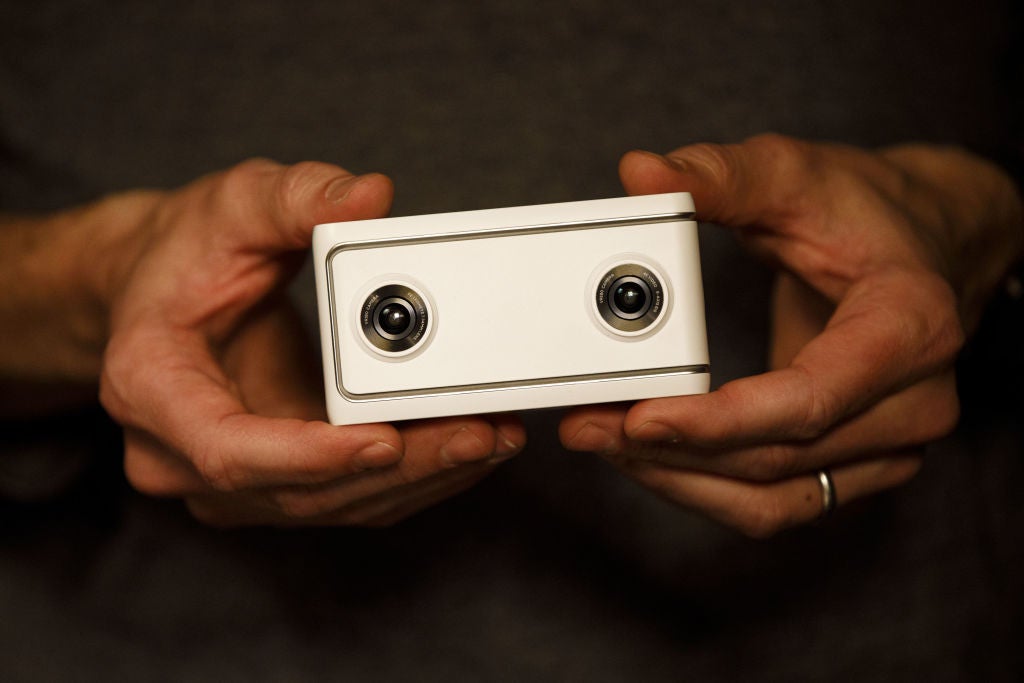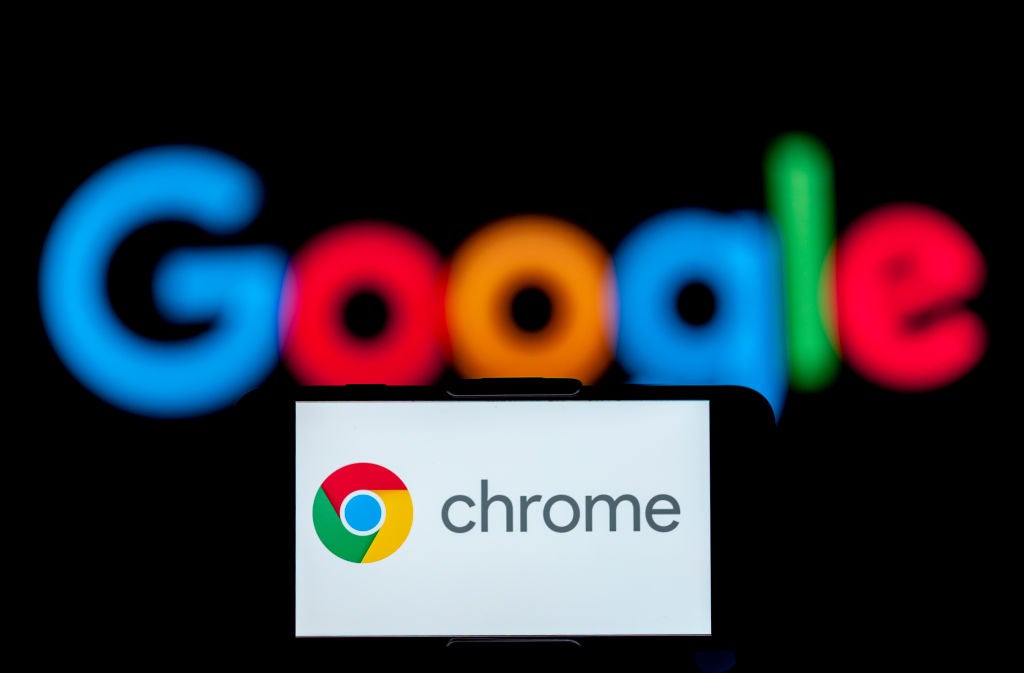
Google is known for releasing a lot of products but it’s also known for quickly shutting a lot of them down.
The company seems to run a “see what sticks approach” to what they release – leaving its customers and those in the tech industry understandably sceptical about the longevity of its new releases.
Google’s failures range from big and small to outright weird products. You’d be excused for never hearing of Google Lively, for example, the strange Second Life copycat which ended up being filled with sex and violence.
It only takes a simple Google search to find a website named Killed By Google: Google Graveyard, which currently lists 275 services, apps and hardware that have been closed down by Google.
The most recent mainstream culling was Stadia, the tech giant’s cloud gaming service. Google announced in September that it would be completely shutting down the service in January next year. Everyone who purchased Stadia controllers, games and hardware has been promised to be fully refunded.
Phil Harrison, Stadia vice president and GM, claimed the service didn’t gain “the traction with users that we expected.”
How well do you really know your competitors?
Access the most comprehensive Company Profiles on the market, powered by GlobalData. Save hours of research. Gain competitive edge.

Thank you!
Your download email will arrive shortly
Not ready to buy yet? Download a free sample
We are confident about the unique quality of our Company Profiles. However, we want you to make the most beneficial decision for your business, so we offer a free sample that you can download by submitting the below form
By GlobalDataThis blindsided Stadia’s fanbase as well as some developers that had been planning to release games on the service.
“We have a game coming to Stadia in November,” tweeted Mike Rose, founder of developer No More Robots, “who wants to guess that Google will refuse to pay us the money they owe us for it.”
Google currently has 271 products and services available for use, including its world-renowned search engine.
“I would say that when pushing the boundaries, in any field, it’s very easy to take something in the wrong direction,” Sam Welch, organic SEO executive at digital marketing agency, Embryo, told Verdict.
“I think the killing off of previous projects it’s a testament to how committed Google is to making sure they’re [not] heading into unknown territory.“
Join Verdict as we take a look at five of the strangest Google product failures so far.
Google Glass
Time span: 2012 to 2019
Google’s voice and motion-controlled augmented reality glasses were very much a product of its time. Back in 2012, the hype around sci-fi products was rife and people seemed genuinely excited at the prospect of this high-tech accessory. It was even voted by Time Magazine as the “Best Invention of the Year.”
The actual launch of the product was a very different story, however, with reviews flooding in claiming that the technology was “very buggy” and a “gimmick”.
Google was also criticised for the whopping $1,500 price tag – making it inaccessible to a large demographic of people. The ones who could buy it were labelled with the derogatory sobriquet “glassholes.”
Google Glass was only sold for a very limited time and lasted a few years before it was pulled from being sold commercially.
Although Google began testing new versions of Google Glass back in September, 2022, there is no denying that it was one of Google’s worst failures.
Google Daydream
Time span: 2016 – 2019
Google launched its Google Daydream VR project in 2016. Unlike other VR headsets, it was actually just a placeholder for a smartphone – to allow for an accessible virtual reality experience.
It was an upgrade from the company’s previous VR product made out of cardboard. Yes, they actually released a VR product made out of cardboard.
The Google Daydream was launched at $100, making it one of the most affordable ways to experience virtual reality at the time.
However, even with an affordable price tag, the Daydream couldn’t compete alongside other leading headsets like Oculus.
The Google Daydream was pulled from stores in 2019.
Google Lively
Lifespan: 2008
Google Lively was Google’s attempt at a virtual social video game similar to something like Second Life. Lively users were able to create avatars with pre-designed assets and socialise with other users online in virtual rooms.
Google Lively was launched back in July, 2008, long before Mark Zuckerberg voiced his aspirations to create a metaverse that would essentially do the same thing.
Unfortunately, the service never got out of its Beta stage and was closed by Google just a few months later.
Lively never gained the traction Google hoped it would. The service maxed out at 10,000 active users.
Users complained about lackluster personalisation options and rough controls. There was also a lot unsavoury usage of the service, with users spouting sexual and violent content in the virtual rooms.
This meant that Google couldn’t safely integrate its advertising platform into the service.
In the end, the tech giant said it would be focusing its resources in other areas and closed the service for good.
Google+
Time span: 2011 – 2019
Google+ was the tech giant’s attempt at competing with the social media giants while Facebook and Twitter ruled the space. Google’s idea with Google+ was to give users an experience of interacting online the same way they did offline. This was through networking around categories called “Circles.”
Although there were promising numbers at launch, Google couldn’t compete with the big players and couldn’t retain a consistent user base.
Facebook and Twitter continued to reign supreme and despite attempting to innovate the service a number of times – Google+ was closed for good in 2019.
Google Wave
Lifespan: 2009 – 2012
You wouldn’t be blamed for having never heard of Google Wave. It’s arguably the strangest online service Google has ever launched. It’s best described as an abstract emailing platform – where users can join “waves” to share polls, statuses, images, videos, and more.
It lasted just three years and has been remembered for having one of the most confusing social media interfaces ever.
GlobalData is the parent company of Verdict and its sister publications.







